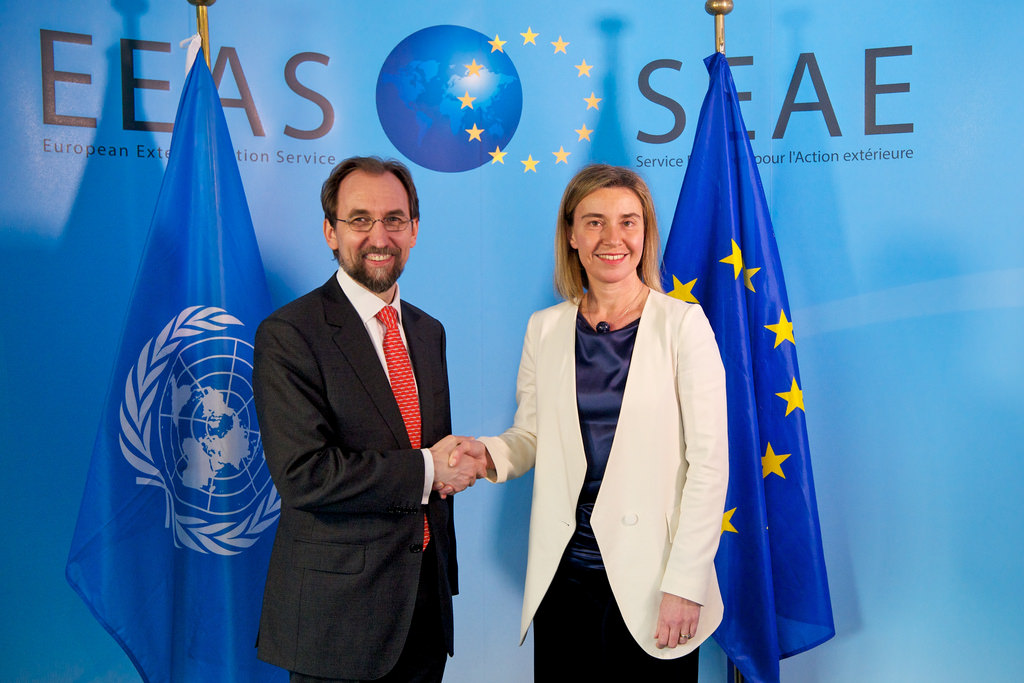
On 27 July 2017, days after the Kingdom of Saudi Arabia’s Supreme Court certified the death penalties issued against 14 detainees, the official newspaper, Okaz, published a report about the trials and the sentences that described the accused as terrorists, enumerated the charges against the 14 detainees, and indicated that death penalties against 15 other detainees charged with spying for Iran had been certified.
The report is similar in form and content to the campaign carried out by the Saudi media prior to the mass execution of 47 people, including Sheikh Nimr Baqir al-Nimr, children, demonstrators, and others, on 2 January 2016, despite the criticisms lodged against the trials and the confirmed lack of basic conditions of fairness.Thisportends that the government is determined to carry out these latest sentences.
This report demonstrates the role of official Saudi media, which is attempting to grant legitimacy to the sentences by claiming that, “All sessions held at the Specialized Criminal Court in Riyadh are held in public in the presence of local media outlets and representatives of diplomatic and human rights bodies. Moreover, the relatives of the accused and their legal representatives are permitted to attend.” Likewise, the report capitalizes on the visit of Ben Emmerson, the Special Rapporteur on the promotion and protection of human rights and fundamental freedoms while countering terrorism, to the country in April 2017, saying that he visited the Specialized Criminal Court, yet ignoring his remarks at the end of his visit and his warning that the terrorism law is not consistent with international human rights standards.
The report’s claims were refuted by the families of several of the 14 sentenced persons, in a statement they issuedindicating that the trials and court sessions they attended confirmed the falsity of the report’s assertions. The families made clear that they did not see any of the diplomatic or human rights bodies mentioned in the report. Some families pointed out that their children were forced to hire a court-appointed lawyer who had more than 20 cases.
The families noted that the media claims were an attempt to cover up the complete lack of fair conditions in the trials. They also confirmed that many of the detainees were subjected to torture that led to disability, such as the case of Mounir Adam, and severe health complaints, as well as sentences based on confessions extracted by force. The families emphasized that among the 14 detainees was a person who was a minor at the time of his arrest, according to the date of the charges.
For its part, the European Saudi Organisation for Human Rights (ESOHR) notes that the media report in question raises concern for the life of the 14 detainees and the 15 others accused of spying, with the possibility of having their sentences carried out at any moment. The ESOHR underscores that diplomatic missions and the visit of the Special Rapporteur give no legitimacy or quality of justice whatsoever to the sentences.
The European Union delegation in Riyadh, representatives of European embassies such as Norway and Germany, and countries such as Canada and America attendedsome of the trials held in the Specialized Criminal Court. On July 28, 2017, that is, one day after the Okaz report, the ESOHR informed these entities that the media report was citing their attendance, but we received no reply from most of the parties involved.We believe that this forces the United Nations, through its Special Rapporteur on the promotion and protection of human rights and fundamental freedoms while countering terrorism, the European Union, and the European countriesattending these trials into justifying the execution of minors and those accused of demonstrating. Thus, they bear the moral responsibility to contribute in earnest to rescuingthe victims of violations and unfair trials and to publicly clarify what the Saudi media was doing. Saudi Arabia wantsthese claims and others to justify carrying outdeath sentences that violate international law and the obligation of fair trials, not the least of which is the execution of four people in one day: Yusuf al-Mushaykhis, Zaher al-Basri, Amjad al-Mu’aybid, and Mahdi al-Sayegh.
